Rating of the best music schools in Krasnoyarsk in 2020
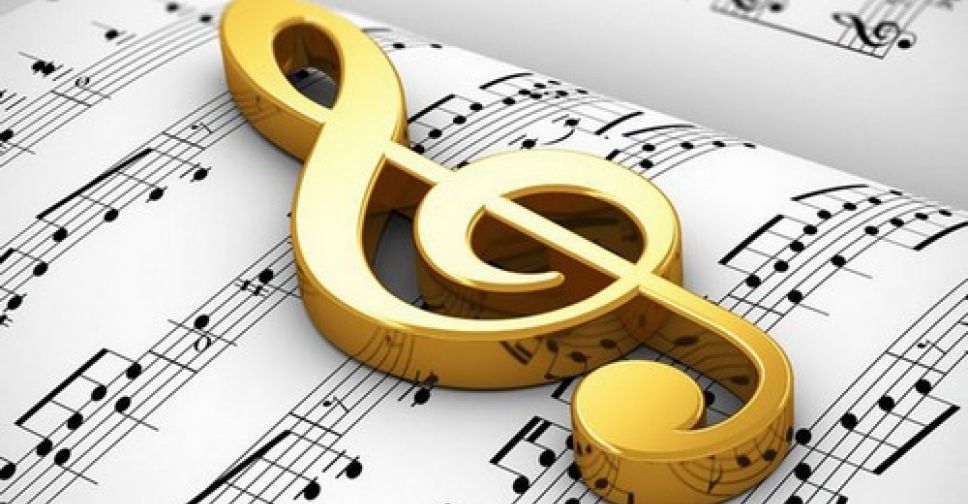
It seems that only recently the baby began to take his first uncertain steps, the first crumpled, funny phrases flew from his lips - and now he is a schoolboy. He has a range of versatile interests, including the art of music. At the family council, it was decided to try to enroll the child in a music school. But how to determine the abundance of institutions, circles that the modern world of services offers today.
Musical art is available to almost everyone today: there are paid and free institutions of additional, professional education that will help develop the talents of your child. It is not easy to decide on the choice of an institution, because the beloved child will spend his time, strength and patience, and I really want the result to please, and the time was not wasted. To this end, we suggest that you familiarize yourself with the article in which we will analyze the main criteria for choosing a school, what modern music schools are, and also make a rating of the best music schools in Krasnoyarsk in 2020.

The history of the development of music schools
Despite the fact that primitive music appeared in the days of primitiveness, when people, going to hunt, organized the war with special rituals, accompanying them with rhythmic melodies, knocks, music schools in the vastness of the Russian Empire appeared only during the heyday of musical art, the "mighty handful" in the 19th century. These were private schools. Among them were paid and free schools, but music education was not available to everyone.
Public schools of music appeared only in the post-revolutionary period, in 1918. Not only children, but also adults could study in them. Gradually, they began to combine the first stage of professional education. Schools at conservatories and academies began to open. However, by the end of the Soviet period and in the post-Soviet period, the status of music schools dropped sharply in view of a number of transformations, personnel policy, although strong schools remained, with experienced teachers, where even foreign students were eager to get.
The modern music school of arts in the vastness of the CIS countries is an institution of additional education, where a child can get the basics of musical knowledge, develop, improve his abilities. Studying in such a school takes place outside the main classes in general education schools on a paid basis. The cost of training in government institutions is not high, however, the cost of musical instruments is another matter. As a rule, studies last 7-10 years. During this time, the student masters the skills of playing several instruments to choose from, musical notation, the basics of composing, arrangement, solfeggio.
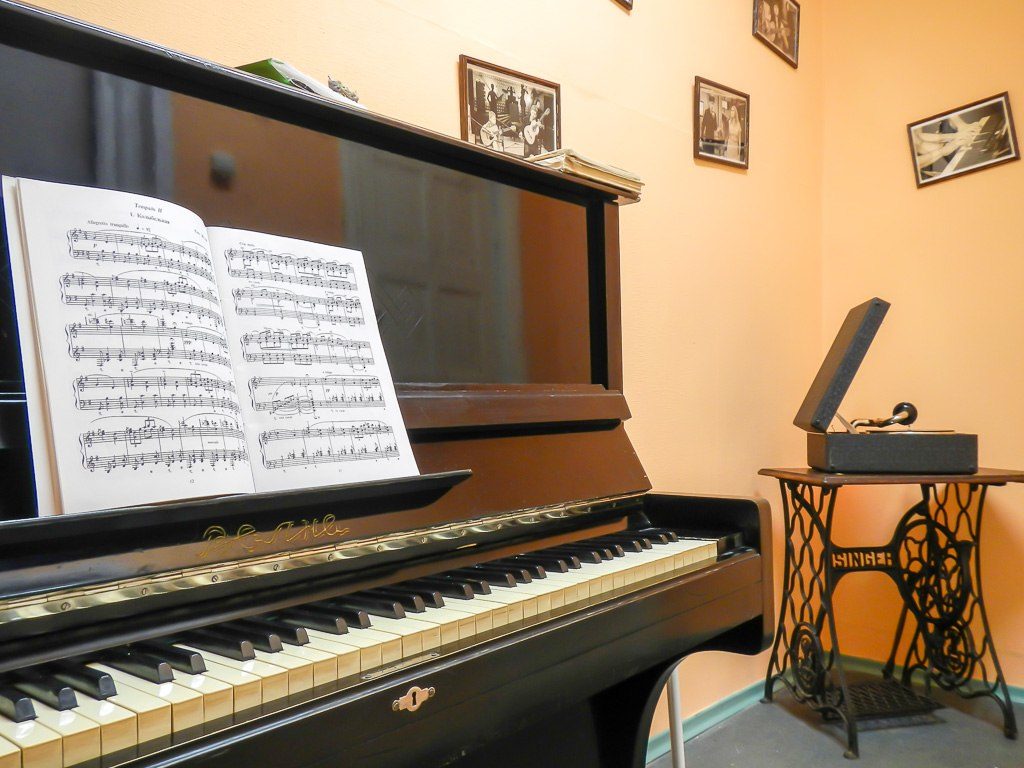
It is important not to confuse schools and circles, clubs, music sections. The main difference between a music school and a music circle or section is:
- order of admission.Children are admitted to school on a competitive basis. They will be asked to take a short exam, after which the examiners will determine if the child has musical ability. If there is, he will be accepted for training. In the circle - the main desire of the child to visit him;
- in the first case, education is focused on further professional development and growth in the field of music, admission to secondary specialized and higher educational institutions in this area, therefore, the approach to study is more strict and demanding. In the second case, it is more for general development, for a useful pastime;
- in schools, upon graduation, the student receives a diploma.
Music schools are influenced by:
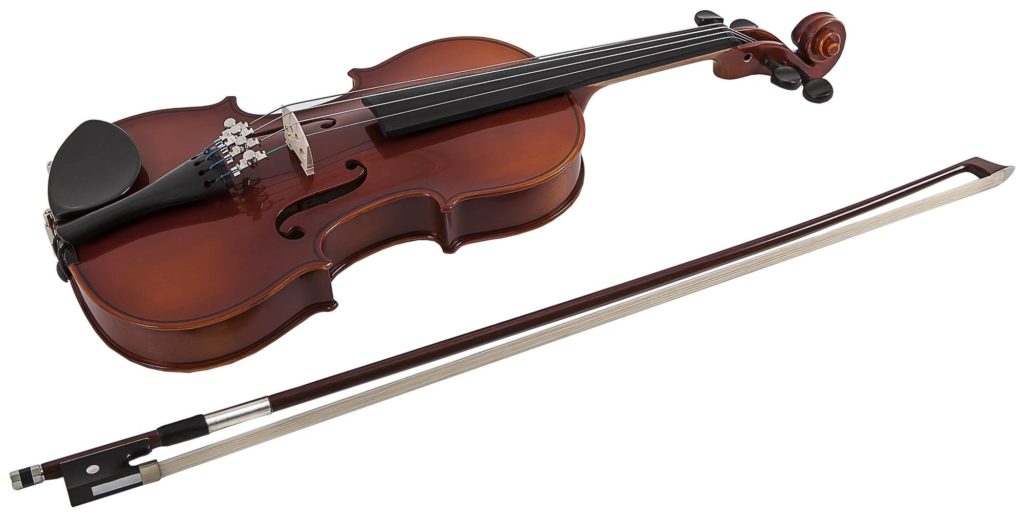
- socio-cultural features of the area, although the processes of globalization somewhat blur the boundaries, nevertheless, the peculiarities of perception give rise to demand;
- state policy: funding from the state budget, grants, incentives, etc.
- pedagogical traditions: in Russia there are two main schools (or traditions) - St. Petersburg and Moscow;
- national and historical features: each country has its own national instruments, with a colorful, unlike anything else sound,
How to choose a music school
Music lessons should bring the child joy and pleasure, because music school, in fact, is his first acquaintance with music. An unsuccessful experience can permanently discourage a child from picking up notes and sitting down at the instrument. Therefore, the choice should be taken responsibly, without rushing to read the recommendations, talk with the parents of the students, attend an open lesson or a reporting concert.
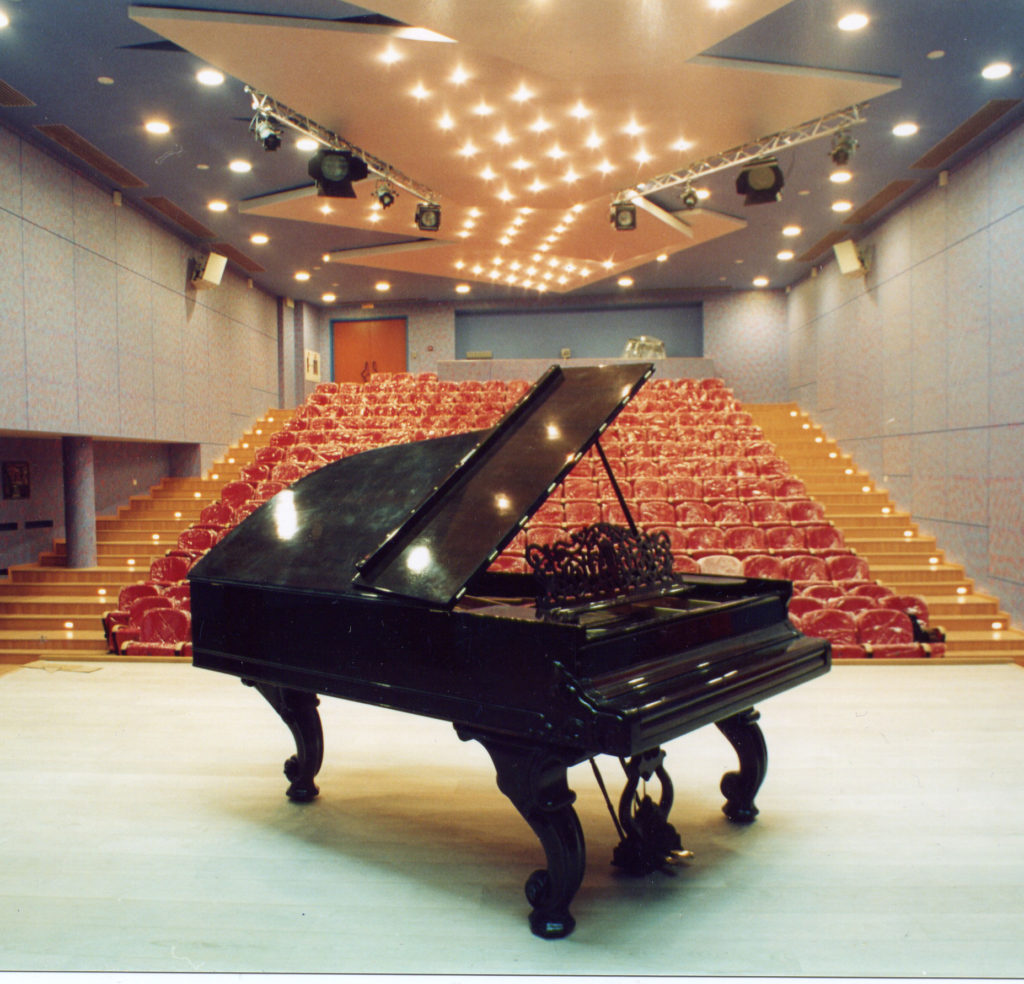
- Teaching staff. The first thing to do is to familiarize yourself with the teaching staff of the institution. After all, a teacher will not just be a teacher, he will be a mentor, inspirer, support for your child, an example at an age when the child's authority is no longer only the parents. It is important to find exactly "your" teacher. The gender, age of the mentor does not play a role here (you can have 30 years of experience behind your shoulders and not improve your skills, teach using irrelevant methods. Or be a young specialist, but neglect your obligations, teach without inspiration, passion and dedication. A teacher teaching singing does not have to be singers himself: the talent to sing and the talent to teach singing are two different things. For the student, the second is more important. Now it has become fashionable to create your own teaching methods. Often, this is just a marketing ploy. The teacher must know and own various techniques, so as different students should have a different approach, there is no universality in teaching.
- Location. Since classes at a music school are held in their free time, it will be convenient to locate it either near the house or next to the school. If there is an alternative, don't waste valuable travel time. In addition, do not forget that the child may have to carry his musical instrument with him, some of which are quite weighty.
- Training program. The more specialties and profiles there are at school, the better: the child will be able to try himself in playing different instruments and choose what he likes.
- Speeches. Practical orientation must be present: students must regularly participate and attend concerts, performances of other schools, etc. Speaking like this is also stressful for students, so if your child is terrified of public speaking, think twice about exposing them to this stress.
- Achievements. If the school does not have a board of honor with immigrants (the pride of the institution), then something is wrong with the educational process in this school.
- Attend reporting concerts and see with your own eyes: if the heart lights up, and the child says that he wants to do the same, then you are moving in the right direction. You can also see the achievements of students during a speech at city, district events. As a rule, each school has ensembles that invite to the city's festivities.
Rating of the best music schools in Krasnoyarsk in 2020
Children's music school №5
Address: Krasnoyarsk, st. Decembrists, 22
Phone: ☎ + 7-391-200-28-39
Working hours: from 8.00 to 20.00 Monday-Friday
Official website: www.muzdm5.ru
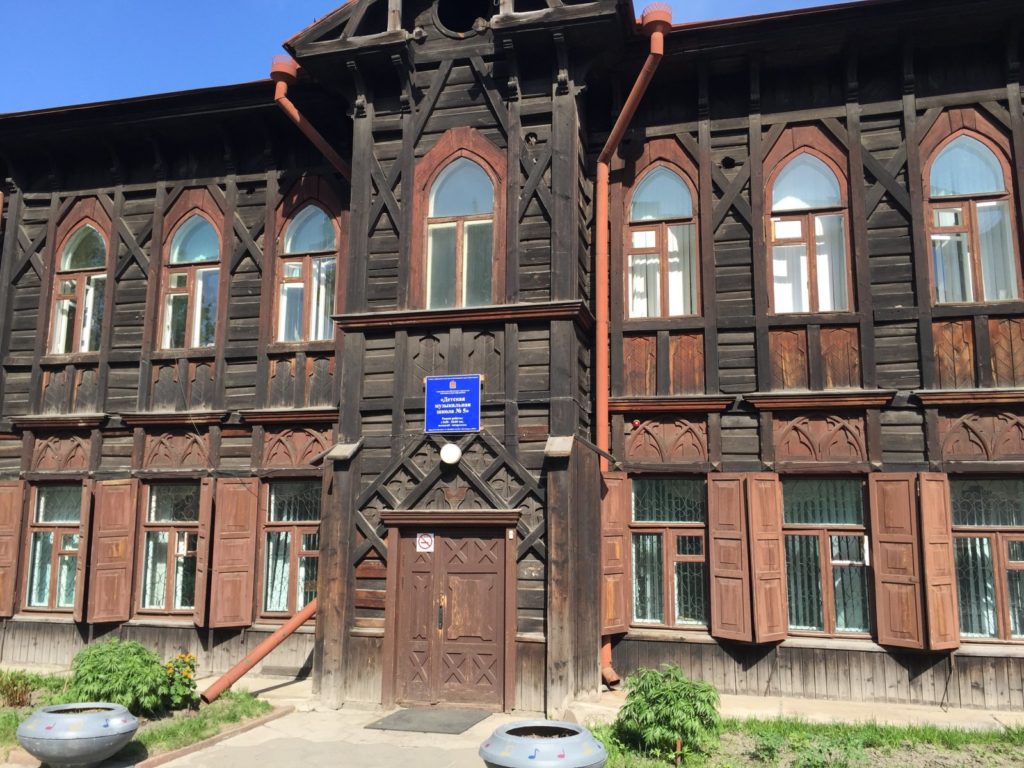
The State Children's Music School is located in a historically significant building of the 19th century church, which houses the only organ in the city. The school has existed since 1981. Students receive a classical elementary music education. Children are recruited from the age of six. Depending on the age, the training program is designed for 5 or 7 years of study. The school teaches 16 programs: violin, piano, brass and woodwinds, button accordion and accordion, domra, guitar, balalaika, drums, synthesizer, solo and choral singing. In addition, children are taught in the following subjects: specialty (musical instrument of choice), subject of choice, solfeggio, music-making (collective in different directions), vocals, theoretical subjects.
- Good technical equipment;
- The proximity of the church organ hall allows concerts and other performances to be held there;
- Large selection of specialties and programs;
- There are individual lessons on musical instruments;
- Small groups (no more than 10 people);
- On the basis of the school, developmental classes are conducted with preschool children;
- The school takes an active part in all kinds of competitions, events, where it wins honorable places.
- Small number of seats.
Children's music school №2
Address: Krasnoyarsk, st. Kolomenskaya, 27
Phone: ☎ + 7-391-264-09-30, + 7-391-264-09-63
Working hours: from 8.00 to 20.00 Monday-Saturday, Sunday - closed.
Official website: www.classmuzyka.rf
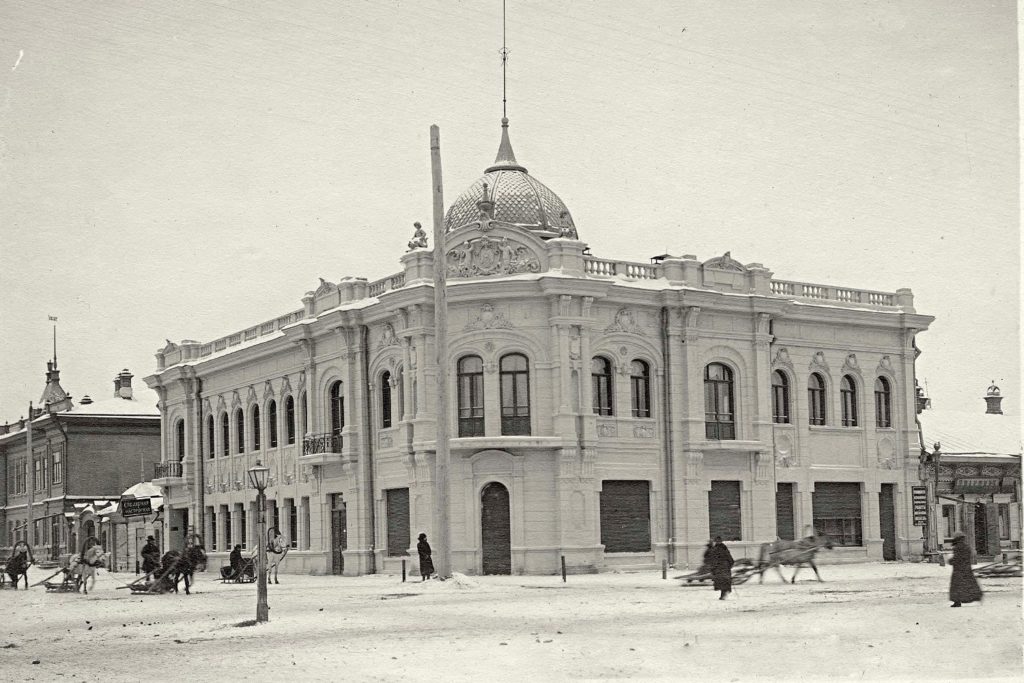
The oldest music school in the city of Krasnoyarsk. It has been operating since 1947. In the difficult, difficult post-war years, the school was located in an ordinary apartment, in one part of which there was an ordinary school for workers' children. Despite the difficulties, the performances of the students were popular, and the number of students grew every year. More than ten years later, a special building was built for the school. Equipped the school, completed the renovation with the joint efforts of teachers and parents. A huge contribution to the development of the school was made by the former director Nikulina G.I., who laid the traditions of the teaching and student collective. Which are respected and maintained to this day. The school organizes a fairly large-scale city competition, the teachers have created their own chamber orchestra. Within the walls of this educational institution you feel like a big friendly family.
- Reporting concerts of the school are held in the Philharmonic Concert Hall;
- Creative, talented and strong teaching staff;
- The school has many awards and achievements;
- 15 specialties: accordion, violin, cello, piano, button accordion, domra, balalaika, percussion instruments, saxophone, guitar, folklore, choreography, choral singing, fine arts, flute;
- There are budget and non-budget places;
- A system of incentives is in place: grants, financial support, travel, study abroad;
- The school has recently been modernized.
- Not.
Children's Music School No. 12
Address: Krasnoyarsk, st. Petra Slovtsova, 11
Phone: ☎ + 7-391-247-39-60, + 7-391-246-46-71
Working hours: from 8.00 to 20.00 Monday-Saturday, Sunday - closed.
Official website: www.dmsh12.krn
The school has been operating since 1987. Groups are recruited on a competitive basis from 6.5 years old. Programs: button accordion, accordion, guitar, cymbals, domra, flute, violin, piano, cello, saxophone, clarinet. Classes are held both in group and individual form. Terms of study: budget from 4 to 7 years, extra-budget from 1 to 7 seven years. There is a kindergarten and an early childhood development school for preschoolers. The teaching staff created the Impromptu ensemble, the Parus choir and the Allegri instrumental ensemble, which are welcome at many events in the city, also operate.
- A wide range of training programs;
- Classes for preschoolers are conducted on the basis of the school;
- Various extracurricular activities;
- Regular reporting concerts;
- Quite good technical and material equipment.
- Types of material support are not provided.
box type = "note" style = "rounded"] Children's music school №8 [/ box]
Address: Krasnoyarsk, st. Baturina, 10a
Phone: ☎ + 7-391-255-15-54, + 7-391-255-76-25
Working hours: from 8.00 to 20.00 Monday-Saturday, Sunday - closed.
Official website: www.dmsh8.krn
The school is quite young, it has existed since 1995. Since 2009, the school has moved to a new, purpose-built building for it. It has 10 departments: piano, orchestral, pop-jazz, choral, folk art, folklore, choreography, fine arts, early development, theory. There are 19 different creative associations and ensembles of students and teachers on the base, in which you can show your abilities. Multilevel contests, performances, reporting concerts are constantly held. Many graduates associate their further activities with musical professions, enter higher educational, secondary specialized institutions.
- A large number of active ensembles;
- Wide range of departments;
- Experienced, creative teachers;
- Individual and group lessons.
- There are no kindergartens.
Children's music school number 1
Address: Krasnoyarsk, st. Surikova, 19
Phone: ☎ + 7-391-227-74-46
Working hours: from 8.00 to 20.00 Monday-Saturday, Sunday - closed.
Official website: www.vk.com/school_rf
Children's Music School No. 1 is the oldest art school in Krasnoyarsk, which has come a long way. A good, creative, diligent, responsible team has formed in it, which puts the maximum knowledge, effort and soul into each student. The school has several departments. Children are admitted on a competitive basis from the age of 6. The lists of enrolled persons can be clarified by phone or on the website. All major departments and specialties function: piano, violin, percussion, guitar, domra, balalaika, theory and others.
- Orientation to each individual student, individual approach;
- Modern technical equipment, spacious comfortable classrooms;
- Regular reporting concerts, performances at events;
- Highly professional teaching staff;
- Author's teaching methods.
- Inferior in organizing events to other schools.
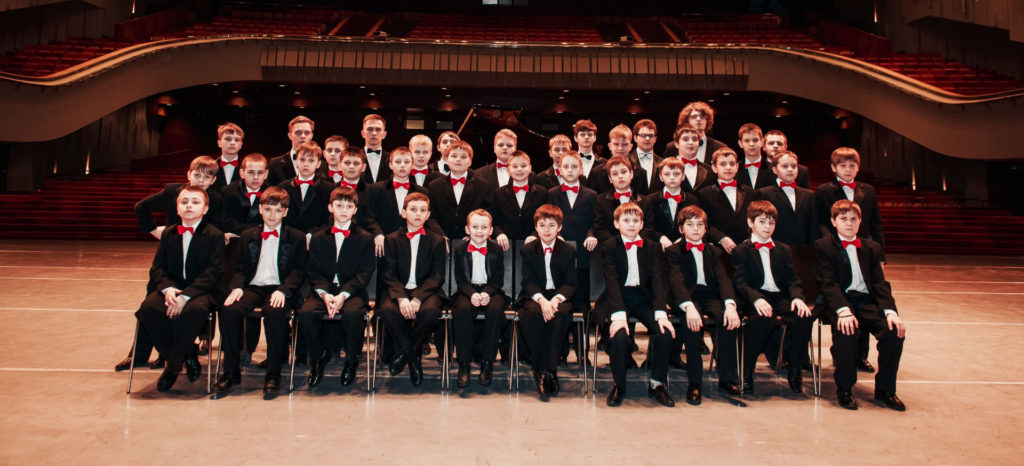
In Russia and in the CIS, music education is traditional, fundamental, breadth and depth of knowledge, but there is some focus on the average student, as well as an attitude towards this sphere as a secondary education. Despite this, basic musical education is at a high level. Music helps the child to express their feelings and emotions, fosters an aesthetic taste, instills respect for work, disciplines, helps to look differently at the achievements of art and culture.
new entries
Categories
Useful
Popular articles
-

Top rating of the best and inexpensive scooters up to 50 cubic meters in 2020
Views: 97661 -

Rating of the best materials for noise insulation for an apartment in 2020
Views: 95022 -

Rating of cheap analogues of expensive drugs for flu and colds for 2020
Views: 91751 -

The best men's running shoes in 2020
Views: 87680 -

Top ranking of the best smartwatches 2020 - price-quality
Views: 85091 -

Best Complex Vitamins in 2020
Views: 84801 -

The best dye for gray hair - 2020 top ranking
Views: 82406 -

Rating of the best wood paints for interior use in 2020
Views: 77202 -

Ranking of the best action cameras from China in 2020
Views: 75269 -

Rating of the best spinning reels in 2020
Views: 74827 -

The most effective calcium supplements for adults and children in 2020
Views: 72462 -

Top rating of the best means for male potency in 2020 with a description
Views: 68296









